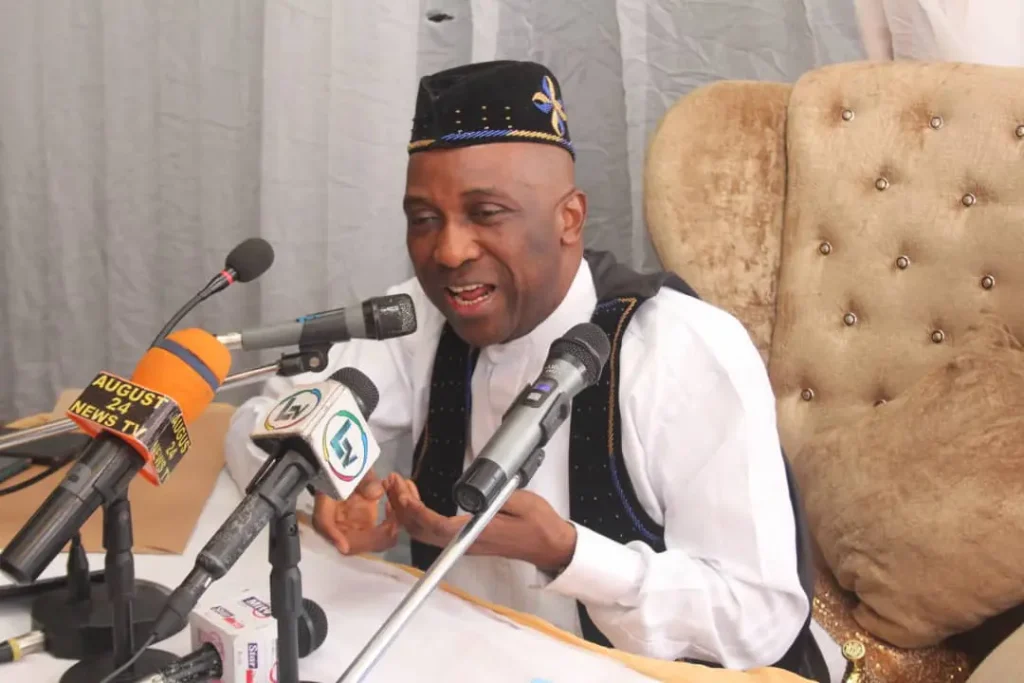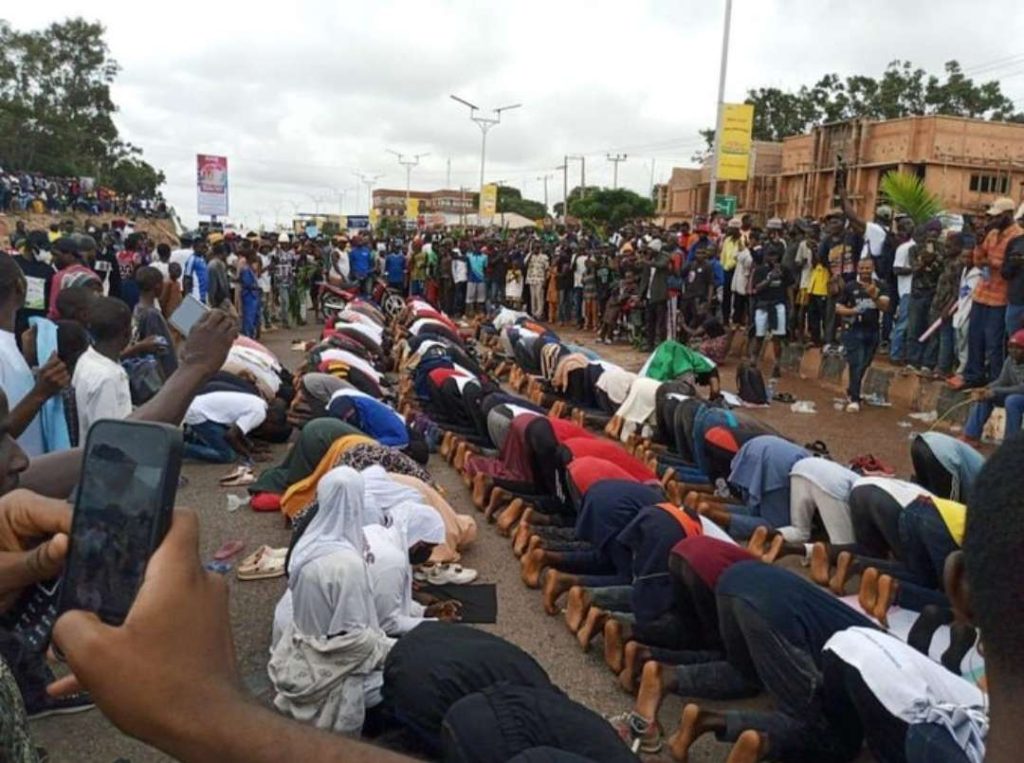
The Federal Government is poised to receive fresh loan funding from the World Bank, with approval expected for loans totalling $2.25bn on June 13, 2024.
The funding will likely be acquired by way of two main development projects. The first venture is the Nigeria Reforms for Economic Stabilization to Allow Transformation Development Policy Financing, which is ready to obtain $1.5bn.
The second project, NG Accelerating Resource Mobilization Reforms Programme-for-Outcomes, has proposed funding of $750m.
Recall that The PUNCH had indicated that the government may reintroduce previously suspended telecom tax and different fiscal measures in pursuit of securing the $750m loan.
A copy of the plan’s doc posted on the World Financial institution web site indicated that the government might reintroduce the excises on telecom providers, and EMT levy on electronic money transfers by means of the Nigerian Banking System among different taxes.
Nonetheless, the newest data means that the administration may have practically assured the mortgage.
The Minister of Finance, Wale Edun, on the spring conferences of the Worldwide Financial Fund and the World Bank final month, had announced that the nation had certified for processing a loan, described as ‘nearly a grant’ of $2.25bn from the World Bank at one per cent interest rate.
The bundle, approved by the Board of Directors of the World Bank, presents a 40-year time period with a 10-year moratorium and a nominal one per cent interest rate.
He said, “Now we have certified for the processing simply this week to the Board of Directors of the World Bank of a complete bundle of $2.25bn of what you may name ‘the closest you may get to a free lunch’- nearly a grant. It’s for about 10- 20 years moratorium and about one per cent interest.”
In keeping with programme data documents posted on the international lender website, the 2 projects aim to enhance Nigeria’s economic stability and useful resource mobilisation capabilities.
It’s anticipated that the funds will bolster Nigeria’s efforts in reforming economic insurance policies and enhancing authorities useful resource mobilisation, important for the nation’s long-term monetary sustainability and economic resilience.
The doc said that the first goal of the PforR programme is to spice up non-oil revenues and safeguard oil and fuel revenues from 2024 to 2028 on the federal stage, emphasising substantial tax, excise, and administrative reforms.
The programme consists of three main outcome areas: implementing tax and excise reforms to extend VAT collections and excise charges on well being and environmentally pleasant merchandise, strengthening tax and customs administrations to boost VAT compliance and effectiveness of audits, and safeguarding oil and fuel revenues by rising transparency and web income contributions.
The PforR programme consists of technical help, supporting the Federal Inland Income Service and the Nigeria Customs Service to boost taxpayer and dealer compliance.
“The principal programme development objective is to lift non-oil revenues and safeguard oil and fuel revenues. This result area goals to increase the transparency of NNPCL’s financial and operational efficiency by means of audits and common production of enhanced experiences submitted to FAAC, together with all related data; and increase net oil and gas revenues transferred to the Federation,” the report read.
Additionally, the proposed DPF for Nigeria consists of a standalone operation with two tranches designed to assist important reforms in alignment with the government’s economic stabilization and restoration priorities.
This operation is structured round 4 key outcomes distributed throughout two pillars: rising fiscal oil revenues from 1.8 per cent of Gross Home Product in 2022 to 2.7 per cent by 2025, boosting non-oil fiscal revenues from 5.3 per cent to 7.3 per cent over the identical interval, increasing social security nets to help 67 million weak Nigerians, and raising the import worth of previously banned products from $11.3m to $54.6mby 2025.
Source:- Punchng



